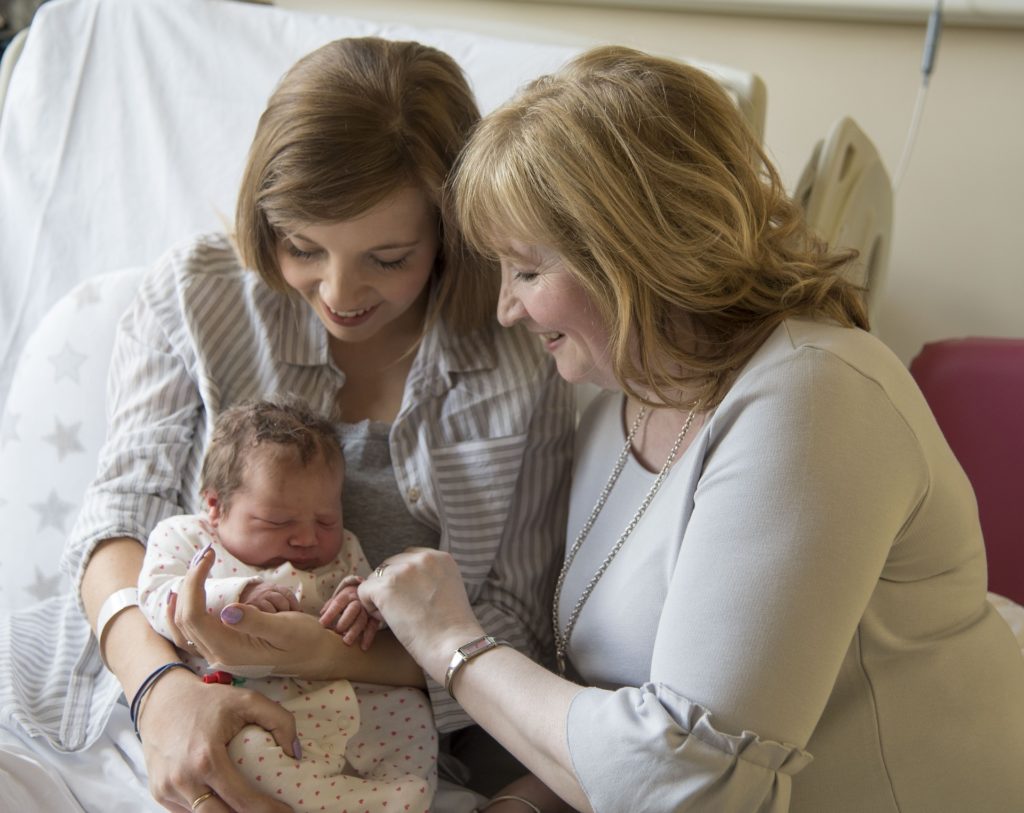We might like to think of our fifties and beyond as a time of freedom; an era of well-earned breathing space after raising a family, which is often combined with long working hours. But what happens when you finally get that ‘me’ time, only to find it unbearably lonely? Here’s how to survive empty nest syndrome and thrive, with Counsellor and Psychotherapist Lynette Evans.
Whether you believe 50 is the new 40 or not, your fifties and beyond can be a time of new opportunity – but also great flux. Women of this age in particular can find themselves feeling fabulous one minute and utterly deflated the next. You may be going through the menopause, putting on weight or noticing more changes in your skin. And in addition to these physical changes, it can be a time of significant emotional change too.
Empty Nest Syndrome
There’s nothing like your only child or the last of your children going to university or moving out for it to hit home that a huge chapter of your life has well and truly ended. In our fifties, we can also find ourselves considering existential questions such as “what have I achieved?” and “where do I go from here?” – issues that we didn’t think about as much when we were younger.
So let’s get back to that new-found freedom, and focus on making the most of it without being overwhelmed by feelings of loss. Firstly, it’s essential to remember you are still a mum, as loved and needed as ever, just in different ways. And there are plenty of positive steps you can take towards enjoying this exciting new phase and learning how to put yourself first again!

- Think about your other roles, such as daughter, partner, sister, friend. It’s possible that some or all of these roles have been understandably neglected whilst you raise a family, but now’s your chance to get them back on track. Elderly parents might need you to play a more active role in their lives, whilst this extra spare time could be a lovely opportunity to set up regular coffee meets with friends in a similar situation.
- Your fifties can be a wonderful time to pick up former hobbies and interests or to take up new ones. You might even have a particular skill you could turn into a business, whether to supplement your existing income or as an exciting second career! There are so many business networking groups out there, including a number of women-only clubs if your confidence is in need of a boost.
- After 20 or 30 years looking after others, now’s the time for some self care! Block out regular time in your diary to do the things you’re passionate about – or to simply do nothing! It’s ok to spend an afternoon lying on the sofa reading a good book or ‘just’ watching TV; resting and recharging is essential to our wellbeing and now’s the time to do more of it!
- With the health changes you’re going through or that may be on the horizon, it’s a good time to think about making some small lifestyle changes. Regular exercise can improve mood and reduce the risk of depression in later life but it doesn’t have to be strenuous or involve joining the gym. A 20-minute walk in the fresh air every day or a few hours’ gardening can do wonders for your physical and mental health.
- If you’re missing your children, remember this can be the start of a new, more equal phase in your relationship. You can see each other as adults and enjoy each other’s company without having to deal with the mood swings, mess and washing! Smartphones and social media make it so much easier to keep in touch on a daily or regular basis – unlike when we went to university and our parents might not have heard from us for weeks!

Our fifties are a time of transformational change, which we need to embrace and enjoy to the fullest. It can take time to adjust but, by focusing on your emotional well-being as much as your physical health, this stage of your life can be rewarding and enriching. If you notice your ‘down days’ are starting to out-number the good days, please do visit your GP or seek professional support, as the help you need is out there.
Love, Lynette x
Psychotherapist and counsellor Lynette Evans works as The Listening Helper with individual clients and staff teams to reduce anxiety and depression and increase happiness and wellbeing. A registered member of the British Association of Counselling and Psychotherapy (BACP), Lynette combines a variety of approaches such as Cognitive Behavioural Therapy (CBT) and person-centred.





